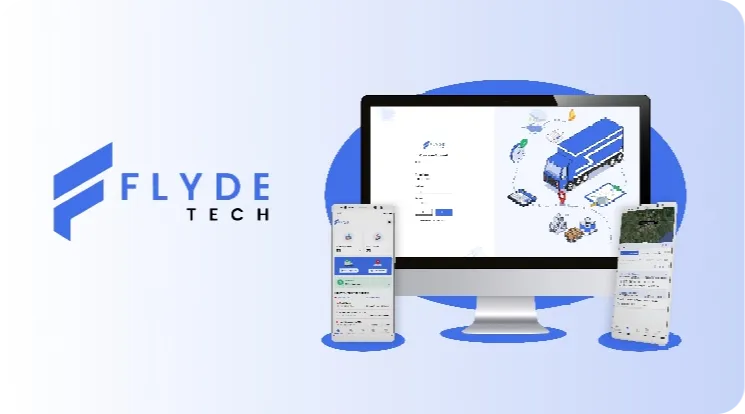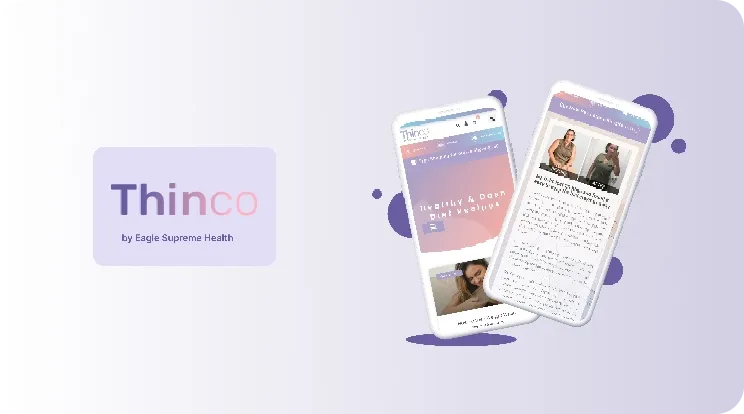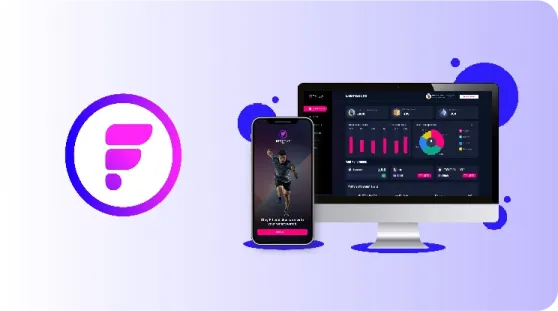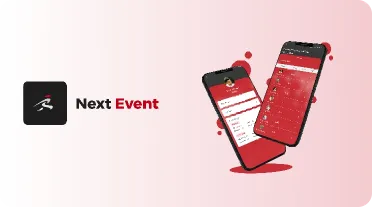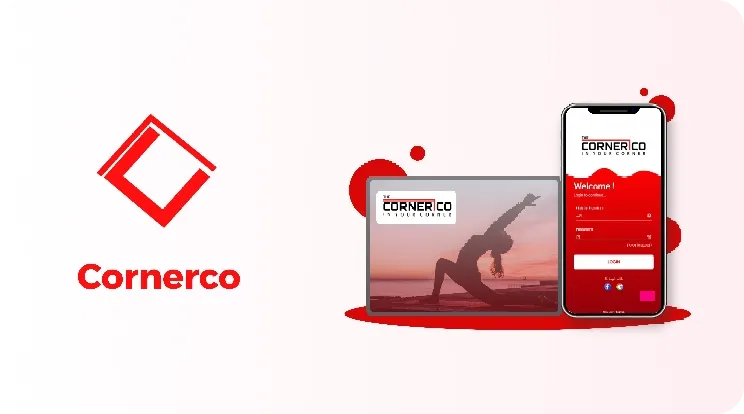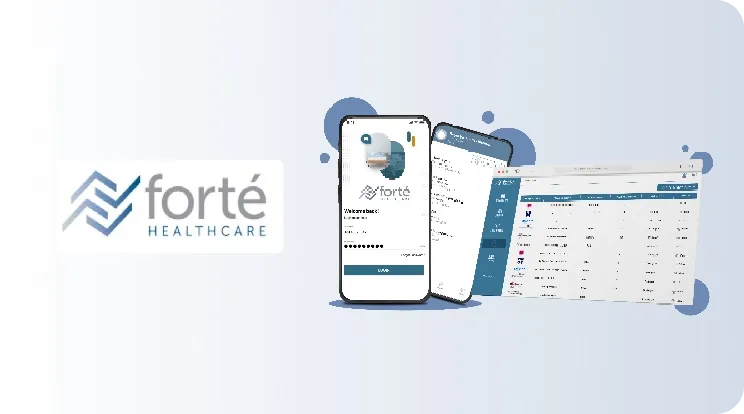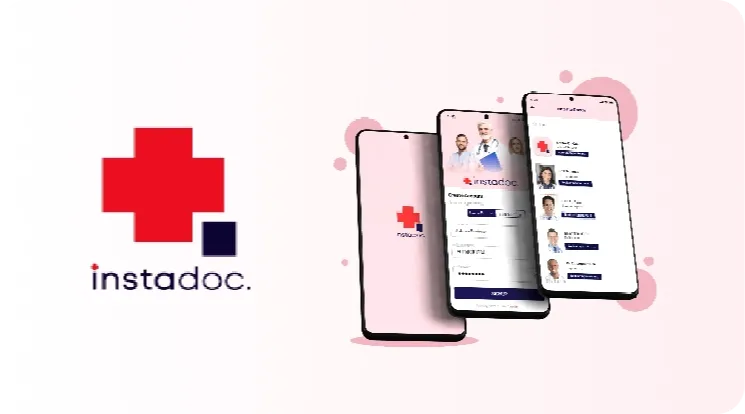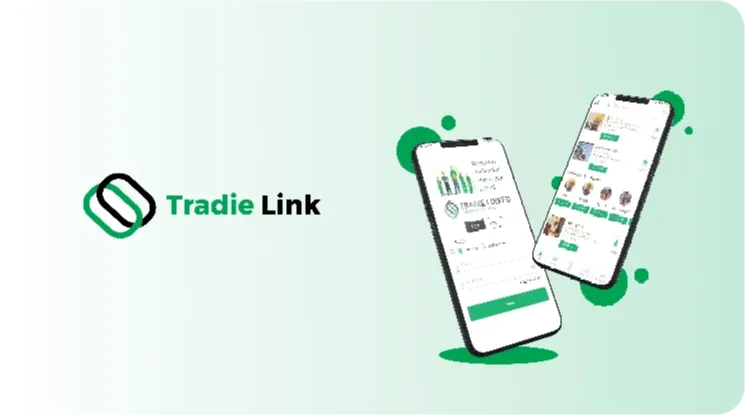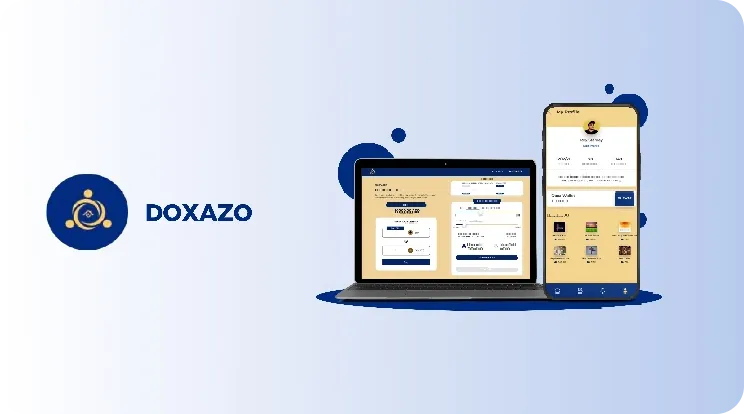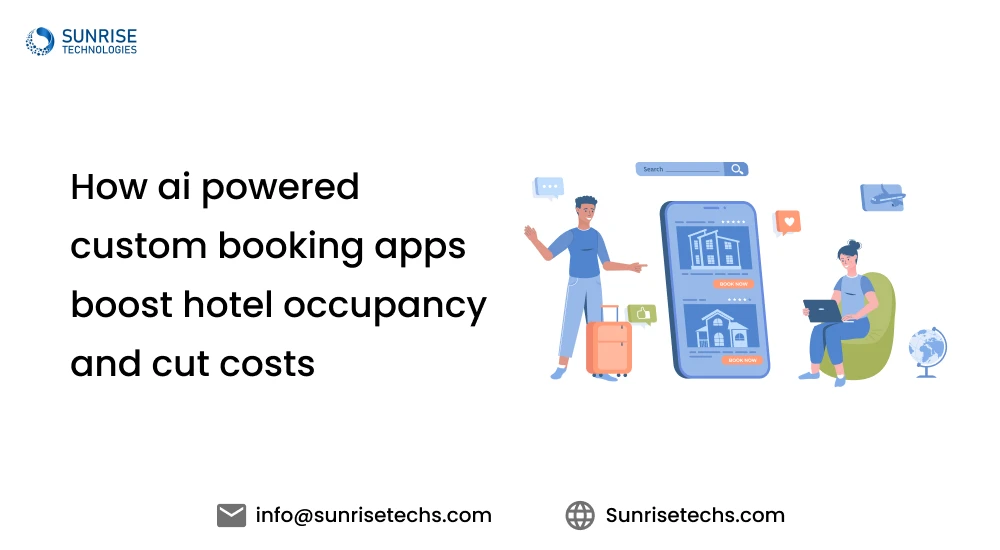
How AI-powered Custom Booking Apps Boost Hotel Occupancy and Cut Costs
Oct 8, 2025
Running a hotel today is very different from what it was even five years ago. Travelers now expect instant confirmations, flexible cancellations, personalized recommendations, and mobile-first booking options. If your hotel is still relying on outdated reservation systems or heavily dependent on Online Travel Agencies (OTAs), you’re already losing both revenue and market share.
The Biggest Challenge? Balancing Occupancy with Profitability
- OTA Commissions: OTAs bring visibility, but their commissions cut into margins (15–25% per booking).
- Unpredictable Demand: Off-seasons leave rooms empty, while peak seasons are difficult to manage without dynamic pricing.
- Operational Inefficiencies: Staff shortages and manual processes add to the pressure, reducing efficiency and guest satisfaction.
This is where technology, specifically AI booking app development, comes into play. Unlike generic booking software, custom AI booking apps are built to tackle your unique hotel challenges — from improving occupancy rates to reducing costs and enhancing guest satisfaction.
At Sunrise Technologies, an AI app development company in Australia, we’ve worked closely with hotel owners and managers who felt stuck between rising operational costs and growing guest demands. Through AI hotel booking solutions, we’ve seen firsthand how the right system can turn things around.
Every hotel is unique — so is your booking solution. Request a personalized cost breakdown from Sunrise Technologies and see how affordable AI can be.
The Real Problems Hotels Face Today
Before diving into solutions, let’s call out the issues that most hotels—whether boutique or multi-location—are struggling with:
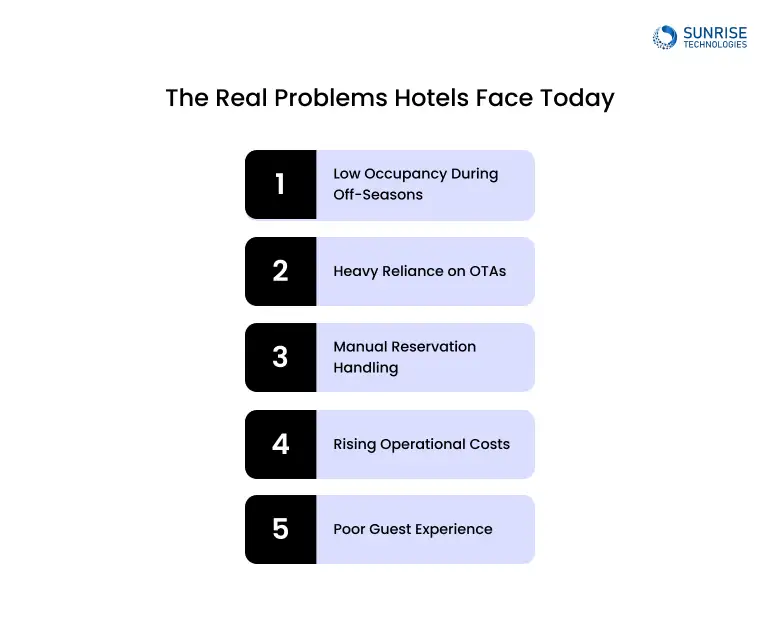
1. Low Occupancy During Off-Seasons
Hotels often face rooms sitting empty during off-peak periods. Discounts are offered, but without data-driven targeting, these promotions either don’t reach the right audience or cut too deep into profits.
Example 1: A Melbourne-based boutique hotel ran blanket discounts every winter but still had less than 40% occupancy. Guests who were willing to pay slightly higher rates never saw the promotion because it wasn’t personalized or timed correctly.
2. Heavy Reliance on OTAs
Platforms like Booking.com or Expedia are essential for visibility but eat into revenue. Many hotels become over-dependent, handing away 20% of their profits per booking just to stay relevant.
Example 2: A Sydney hotel with 120 rooms realized 70% of its bookings came from OTAs. After accounting for commissions, their profit per room dropped significantly—even though occupancy looked healthy on paper.
3. Manual Reservation Handling
Traditional systems require staff to confirm bookings, manage cancellations, and handle requests. This not only creates room for human error but also slows down response times.
Example 3: A mid-sized hotel in Brisbane once faced double-bookings because cancellations weren’t updated in time, leading to refunds, bad reviews, and unnecessary staff stress.
4. Rising Operational Costs
With inflation and labor shortages, hotels spend more on staff just to handle repetitive tasks. These costs could be better spent on enhancing guest experiences instead of administration.
5. Poor Guest Experience
Delayed confirmations, missed preferences (like bed type or check-in requests), and lack of personalization leave guests disappointed. In today’s market, guest experience = loyalty. If your system can’t deliver, you lose repeat business.
Why Traditional Booking Systems Fail in the Modern Market
Many hotels already use software to manage reservations—but here’s why these traditional systems fall short:
1. Outdated Technology
Legacy booking systems were not built for mobile-first travelers. Most lack AI-powered features such as dynamic pricing or guest personalization. They simply record bookings rather than actively helping you increase them.
2. Rigid and Inflexible
These systems offer limited customization. Whether you run a 20-room boutique hotel or a 500-room chain, they all give the same cookie-cutter functionality—no competitive edge.
Example: A Perth eco-hotel wanted its booking system to highlight sustainable packages to eco-conscious travelers. Their old system couldn’t support custom filters, causing missed opportunities with their core audience.
3. Poor Integration
Traditional systems often don’t integrate seamlessly with Property Management Systems (PMS), payment gateways, or marketing tools. This creates data silos and manual workarounds.
4. No Predictive Insights
At best, older systems give you reporting after the fact. But they can’t predict guest demand, suggest optimal pricing, or recommend upsells— which are exactly the levers needed to boost profitability today.
5. Increased Dependency on Third-Party Platforms
Because your system can’t optimize direct bookings, you become more reliant on OTAs. This traps hotels in a cycle of paying more commissions while losing control over guest data.
Have questions about AI-powered booking apps? Schedule a 1-on-1 strategy call with our specialists and get clarity before you invest.
What is a Custom AI Booking App? (And Why It’s Different)
A custom AI booking app isn’t just a reservation tool—it’s a smart system designed to actively increase occupancy and reduce costs.
Simple Definition
Think of it as your hotel’s personalized digital assistant. It not only processes bookings but also learns from guest behavior, adjusts pricing dynamically, automates repetitive tasks, and integrates with your entire hotel ecosystem.
How It Works
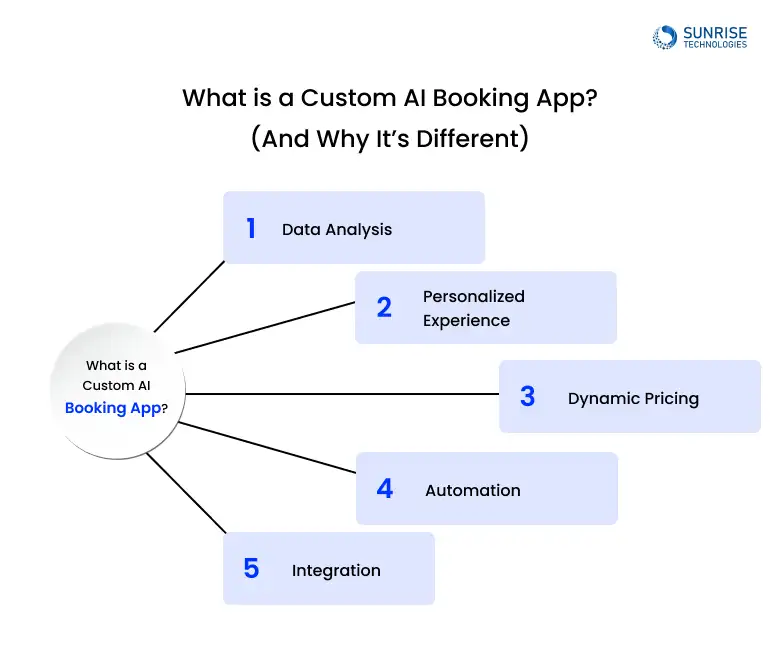
- Data Analysis – AI analyzes guest booking patterns, market demand, competitor pricing, and seasonal trends.
- Personalized Experience – Guests see tailored room suggestions, packages, and add-ons.
- Dynamic Pricing – The system automatically updates rates to match demand and maximize revenue.
- Automation – Reservations, cancellations, confirmations, and reminders are handled without staff intervention.
- Integration – The app works seamlessly with PMS, POS, loyalty programs, and even smart room controls.
Example Scenarios
Example 1: A business traveler books a Sydney hotel. AI identifies they usually arrive late and suggests “express check-in” as an add-on. The guest books it instantly, improving their experience and adding revenue.
Example 2: A coastal Queensland resort sees a forecasted dip in bookings for the rainy season. The AI system launches targeted promotions to families looking for indoor activity packages, keeping occupancy healthy.
Example 3: A returning guest who previously ordered vegan meals is automatically offered “plant-based dining packages” during booking. This makes the experience seamless and personalized.
Unlike off-the-shelf solutions, a custom AI-powered booking app adapts to your hotel’s brand, audience, and operational needs. That’s the real difference.
Increasing Hotel Occupancy with a Custom Booking App
For most hotels, occupancy is the lifeline. But boosting it sustainably requires more than seasonal discounts. This is where AI booking app development makes a measurable impact.
1. Dynamic Pricing and Forecasting
AI analyzes data from multiple sources:
- Local events
- Historical booking trends
- Competitor pricing
- Seasonal travel patterns
It then recommends the best room rates for any given time. Instead of flat discounts, you get smart pricing that fills rooms without sacrificing profit margins.
Example 1: A Brisbane city hotel used AI-driven pricing during a major sports event. While competitors manually increased rates, AI adjusted prices every few hours, maximizing occupancy and revenue.
2. Targeted Promotions
AI can segment guests based on their booking history and preferences. Instead of blasting discounts to everyone, you can send personalized offers—family packages, last-minute deals, or business traveler perks—directly to the right audience.
Example 2: A boutique hotel in Adelaide used AI to identify frequent weekend travelers. By sending a “Friday Night Escape” package, they increased weekend occupancy by 19%.
3. Loyalty Programs with Intelligence
Traditional loyalty points often go unused. AI takes it further by recommending rewards at the right moment. If a guest is about to book elsewhere, the app can instantly suggest a loyalty discount to retain them.
4. Direct Bookings over OTA Dependence
By giving guests a smart hotel booking app that’s convenient and intuitive, you naturally shift them away from third-party platforms. This not only boosts direct bookings but also helps you build stronger relationships since you own the guest data.
Example 3: A mid-sized Sydney hotel reduced OTA dependence from 70% to 45% in one year by pushing direct app bookings with exclusive in-app offers. This is where the keyword “how AI booking apps increase hotel occupancy” directly applies.
Reducing Costs with AI-Powered Hotel Booking Solutions
Every hotelier knows that revenue isn’t just about more bookings—it’s also about reducing unnecessary expenses. AI booking apps do both.
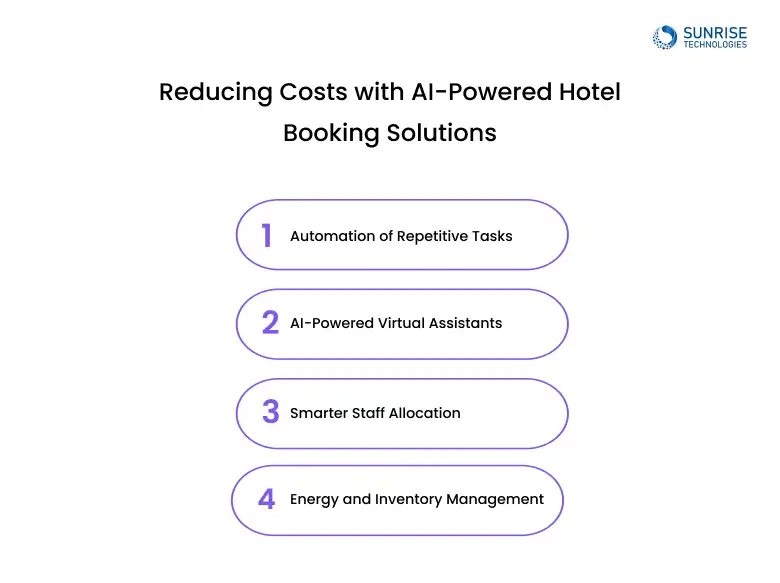
1. Automation of Repetitive Tasks
From reservation confirmations to check-in reminders, AI handles these without human involvement. Staff can focus on higher-value interactions, while routine tasks are executed flawlessly.
Example 1: A Canberra hotel automated cancellations and refund requests through its AI booking app. This reduced front desk calls by 30%, freeing up staff for guest service.
2. AI-Powered Virtual Assistants
Guests no longer want to wait in line or call reception for every request. AI-powered chatbots provide 24/7 assistance—answering queries, managing bookings, or suggesting services.
Example 2: A Melbourne hotel deployed a multilingual AI chatbot, reducing international guest queries at reception by 40%.
3. Smarter Staff Allocation
AI forecasts occupancy levels, helping managers schedule staff efficiently. Instead of overstaffing during slow days, hotels save on wages while maintaining service quality.
Example 3: A coastal NSW resort used AI to predict occupancy dips and adjusted housekeeping shifts accordingly, cutting labor costs by 12%.
4. Energy and Inventory Management
When integrated with IoT systems, AI can adjust lighting, HVAC, and water usage based on occupancy. This lowers energy bills while maintaining guest comfort. This naturally ties into “reduce hotel costs with AI” and “AI workflow automation in hospitality.”
Hotels using AI booking systems see higher occupancy, lower costs, and better guest satisfaction. Don’t fall behind — start your AI journey today.
AI-Powered Guest Experience: Building Loyalty and Repeat Stays
A full room today is good. But a returning guest is better. That’s where personalization becomes a game-changer.
1. Remembering Guest Preferences
AI-powered guest experience apps store data like pillow type, dietary restrictions, or room view preference. On the next visit, these are pre-set—making guests feel valued.
Example 1: A Gold Coast hotel remembered a guest’s preference for “late check-out and ocean view.” The second time he booked, those options were automatically suggested. He became a repeat customer, booking five stays in a year.
2. Personalized Recommendations
The app suggests upsells based on behavior: spa packages, dining offers, airport transfers. These not only enhance the stay but also boost ancillary revenue.
Example 2: A Melbourne hotel offered wine-pairing dinners to guests who previously booked premium rooms. The result: a 25% increase in F&B revenue.
3. Seamless Communication
Guests can chat with the hotel directly through the booking app, reducing calls and emails. AI filters requests, routing them instantly to the right department.
Example 3: A Sydney hotel added an AI concierge within its booking app. Guests loved getting instant recommendations for nearby attractions, rating it as a key reason for their positive reviews. This section addresses the “AI-powered guest experience apps” keyword.
Case Study: How AI Helped a Multi-Location Hotel Chain in Australia
To make it real, let’s dive into one of our projects at Sunrise Technologies.
1. The Challenge
A hotel chain with properties in Sydney, Melbourne, and Brisbane faced:
- High OTA dependency (65% of bookings)
- Low off-season occupancy (below 45%)
- Rising operational costs due to staff overload
2. The Solution
We developed a custom AI booking app with:
- Dynamic pricing engine – adjusted rates in real-time
- Direct booking mobile app – integrated loyalty rewards
- Automated workflows – confirmations, cancellations, upsells
- AI chatbot – reduced front desk queries
3. The Results (in 6 months)
- Occupancy increased by 22% across all locations
- Operational costs reduced by 18% due to automation
- Direct bookings rose by 40%, reducing OTA dependency
- Guest satisfaction scores improved, with many citing the app as a reason for their loyalty
Takeaway: This is exactly how AI-driven hotel management solutions in Australia deliver measurable ROI.
Integrating AI into Existing Hotel Systems
A major barrier for many hoteliers is the fear that new technology means ripping out everything old. That’s not the case. At Sunrise Technologies, we design AI booking solutions that integrate seamlessly with:
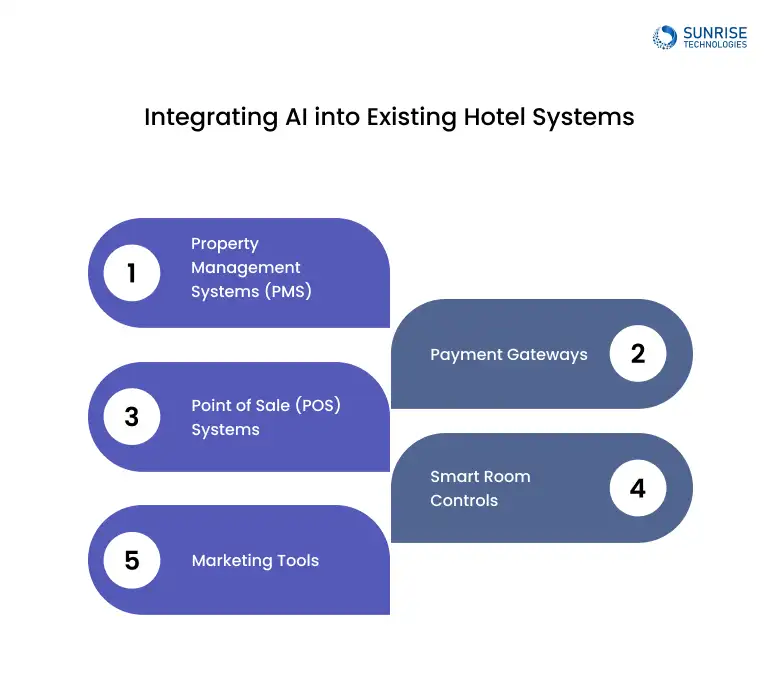
- Property Management Systems (PMS): keeping all reservations in one place.
- Payment Gateways: ensuring smooth and secure transactions.
- Point of Sale (POS) Systems: linking bookings to dining, spa, or bar spend.
- Smart Room Controls: adjusting room temperature, lighting, and cleaning schedules.
- Marketing Tools: feeding guest behavior data into CRM systems for targeted campaigns.
Example 1: A family-owned hotel in Hobart wanted to adopt AI without changing its trusted PMS. We built an AI-powered layer on top of their existing system, so staff workflows didn’t change—but now pricing, promotions, and guest personalization run automatically in the background.
Example 2: A Sydney-based luxury chain integrated AI into its existing mobile app to provide predictive upselling (spa, chauffeur services). They didn’t need a full system overhaul—just smart integration.
This flexibility makes AI adoption far less intimidating and more practical for hotels of all sizes.
Beyond Booking: AI in Hotel Operations
The power of AI doesn’t stop at reservations. Hotels that want to future-proof their operations can apply AI across multiple touchpoints.
1. Predictive Maintenance
AI monitors usage data from elevators, HVAC, and other equipment. It predicts when maintenance is due—before breakdowns happen. This avoids costly downtime and improves guest comfort.
Example: A Perth hotel saved $40,000 annually by using AI to detect HVAC inefficiencies early, preventing energy waste and unexpected repair costs.
2. Smart Energy Management
AI connects with smart meters to optimize lighting, heating, and cooling based on occupancy. Rooms that aren’t booked or are vacant for the day automatically shift into “eco mode.”
Example: A Melbourne business hotel cut energy costs by 15% within six months after AI-driven energy automation.
3. AI Workflow Automation in Hospitality
From staff scheduling to housekeeping priorities, AI ensures the right staff are in the right place at the right time. This not only saves money but improves service levels.
Example: A coastal Queensland resort used AI to predict when peak check-outs would occur, ensuring housekeeping teams were prepared. Turnaround times improved by 25%, leading to better guest reviews.
This aligns with AI workflow automation in hospitality and AI development services for hospitality.
Cost vs ROI: Is a Custom AI Booking App Worth It?
Many hotel owners hesitate because they see AI as “expensive technology.” But let’s look at the numbers:
- OTA Commission Example: If your hotel does 5,000 bookings a year at $200 each, and 60% come from OTAs with a 20% commission, you’re losing $120,000 annually to third-party platforms. Even reducing OTA dependence by 20% with a direct booking app saves $24,000 yearly.
- Operational Cost Example: Hotels often spend thousands per month on manual admin staff for reservations and confirmations. AI automation can reduce this cost by 30–40%.
- Occupancy Example: If your hotel increases occupancy by just 10% with AI-powered dynamic pricing, the additional revenue could easily outweigh development costs within months.
At Sunrise Technologies, we’ve seen hotels recover the cost of a custom AI booking app within 6–12 months—and then enjoy pure profit from year two onward.
Why Work with Sunrise Technologies?
There are many app developers in the market, but here’s why hotels across Australia trust us:
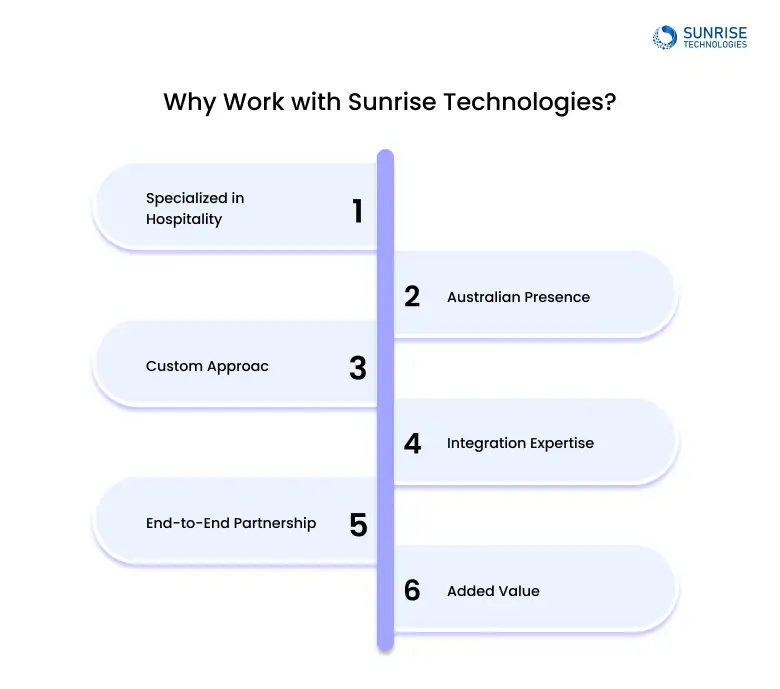
- Specialized in Hospitality: We focus on AI development services for hospitality, meaning we understand hotel operations, guest behavior, and industry challenges.
- Australian Presence: With offices in Sydney and Perth, we’re a 100% Australian-owned company that understands local market conditions.
- Custom Approach: No two hotels are the same. Our custom AI booking apps are tailored to your specific brand, audience, and goals.
- Integration Expertise: From PMS to smart devices, we handle AI integration services for hotels seamlessly.
- End-to-End Partnership: From consultation to development, deployment, and support—we walk with you through the entire journey.
- Added Value: Every engagement includes a 1-hour free strategy call and 8 weeks of free maintenance, so you start strong without risk.
Example: We recently worked with a boutique hotel in Adelaide that wanted to improve direct bookings. By combining AI-driven promotions with loyalty rewards in their new app, they saw a 35% rise in app bookings in the first year.
Final Thoughts: Future-Proofing Hotels with AI
The hospitality industry is at a turning point. Guests are demanding faster, more personalized, and seamless experiences. Competitors who adapt with AI booking solutions will thrive, while those who rely on outdated systems risk being left behind. Investing in a custom AI booking app isn’t just about technology—it’s about boosting occupancy, reducing costs, and creating loyal guests who come back year after year.
At Sunrise Technologies, we’ve seen firsthand how AI transforms hotels across Australia. From boutique properties to multi-location chains, the results speak for themselves. It’s time to take control of your bookings, cut unnecessary costs, and deliver experiences your guests will never forget.
Ready to boost occupancy and cut costs with AI?
Yes. AI uses past booking behavior, payment history, and even travel data to flag high-risk reservations. For example, if a guest often cancels last minute, the system can automatically require upfront deposits or send personalized reminders. This reduces revenue leakage.
AI doesn’t just book rooms — it predicts guest needs. For example, if a returning guest usually orders spa treatments, the app can recommend a spa-inclusive package at booking. Similarly, it can upsell premium rooms to corporate travelers arriving during weekdays. Hotels using AI-powered reservation systems typically see a 10–15% increase in upsell revenue.
Not at all. The AI interface is built for hotel staff, not developers. Dashboards are simple, visual, and customizable. At Sunrise Technologies, we also provide complete onboarding and training so your staff can adapt quickly without tech stress.
Yes. If you manage multiple properties (say one in Sydney and another in Perth), AI can centralize bookings, manage availability across locations, and distribute demand intelligently. For example, if Sydney is overbooked, the app can suggest your Perth property with special pricing. This ensures optimal utilization across your chain.
Most modern AI booking apps, including the ones we develop at Sunrise Technologies, come with offline functionality and cloud backups. This means bookings can still be logged, synced, and confirmed once your system reconnects. Guests won’t experience interruptions.
Yes, and this is one of the biggest reasons hotels adopt AI. By providing a smart, personalized, direct booking channel, you encourage guests to book via your app or website. Hotels we’ve worked with have successfully reduced OTA dependency by up to 35% in the first year.
Standard booking systems are reactive — they only process what the user inputs. A custom AI app is proactive — it predicts, recommends, automates, and personalizes. The result? Higher occupancy, lower costs, and happier guests.
We begin with a deep-dive strategy session to understand your current challenges, guest demographics, system limitations, and revenue goals. From there, our team designs and develops a solution specifically for your property. Whether you need AI mobile app development, integration with existing tools, or full-scale AI hospitality solutions, we tailor every step to your hotel.
Yes, AI booking apps directly improve occupancy. Unlike traditional systems that rely only on manual updates, AI analyzes guest behavior, competitor pricing, local demand, and even weather/event data to recommend the right pricing and promotions. For example, if there’s a music festival in Sydney, your app can automatically push special packages or upsells. This helps keep rooms filled, even during unpredictable demand cycles.
AI doesn’t replace people — it removes repetitive manual tasks. Reservation confirmations, cancellations, payment follow-ups, guest queries, and upselling can all be automated. This allows your staff to focus on high-value interactions (guest relations, concierge services, handling VIPs). At Sunrise Technologies, we’ve seen hotels reduce administrative costs by 15–20% in the first year of AI adoption without reducing headcount.
No, you don’t need to start from scratch. A custom AI booking app integrates seamlessly with your existing PMS, POS, or CRM. We design it so your current systems remain functional while gaining new AI-powered capabilities like dynamic pricing, predictive analytics, and personalized guest recommendations. Think of it as an upgrade rather than a replacement.
This is one of the top concerns we hear. AI booking apps developed by Sunrise Technologies follow Australia’s Privacy Act and GDPR compliance standards. Sensitive data is encrypted, processed securely, and stored in compliance with industry regulations. AI can even anonymize guest data for analytics, ensuring your hotel improves occupancy and service without compromising trust.
Hotels typically start seeing results within 3–6 months of implementation. The ROI comes from three main areas:
- Higher direct bookings (reduced OTA commission costs)
- Lower operational overhead
- Improved guest satisfaction leading to repeat bookings
For instance, one of our Melbourne-based clients saw a 22% rise in occupancy and an 18% cut in admin costs in less than half a year.
Sam is a chartered professional engineer with over 15 years of extensive experience in the software technology space. Over the years, Sam has held the position of Chief Technology Consultant for tech companies both in Australia and abroad before establishing his own software consulting firm in Sydney, Australia. In his current role, he manages a large team of developers and engineers across Australia and internationally, dedicated to delivering the best in software technology.
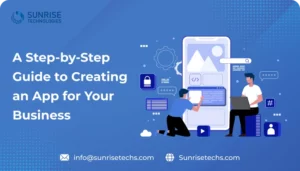
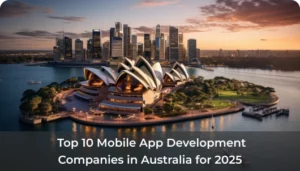
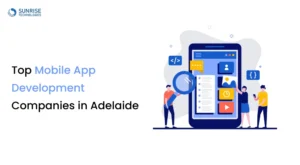
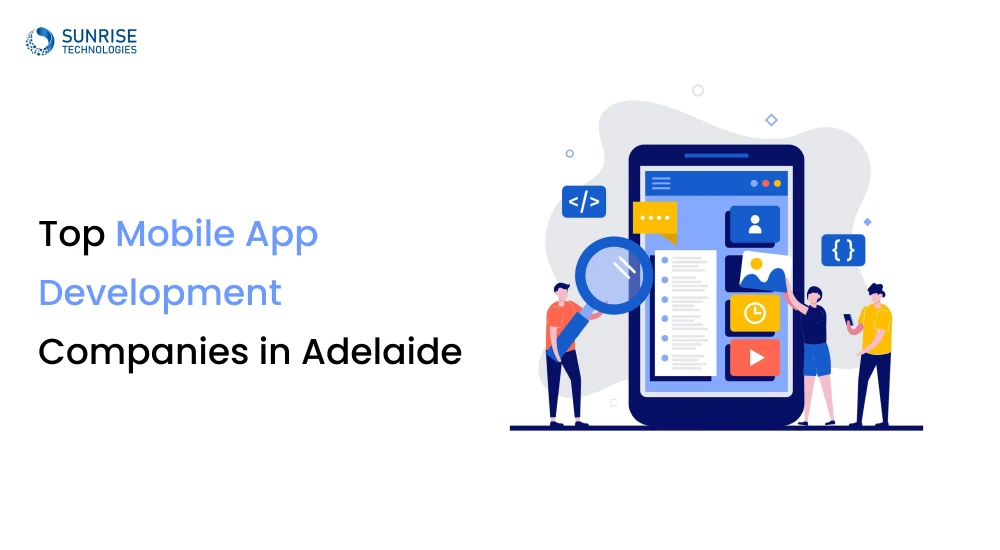
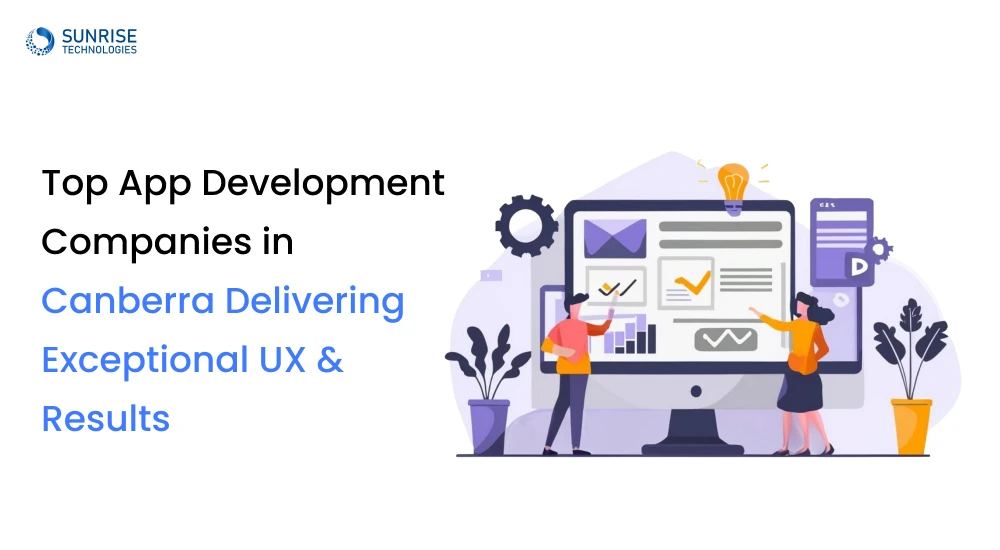
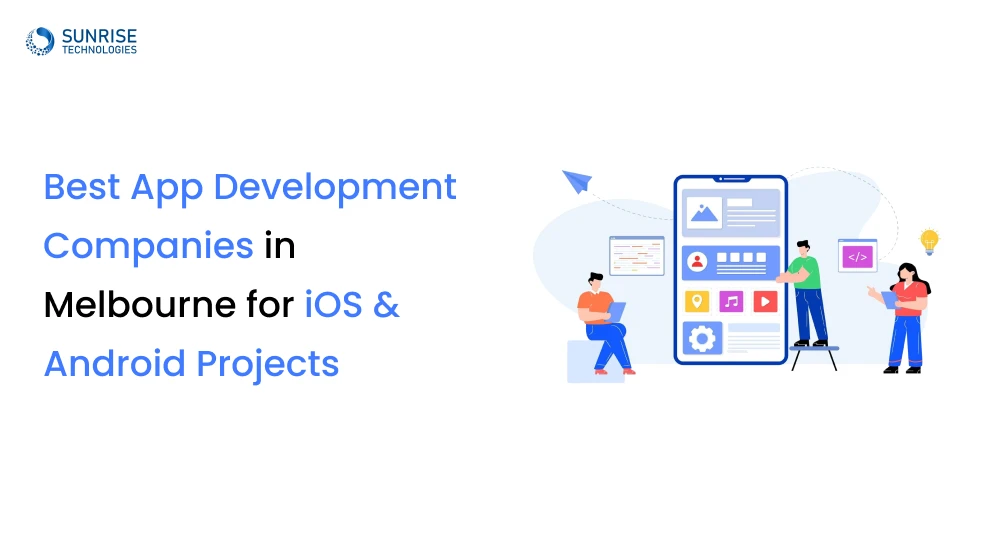
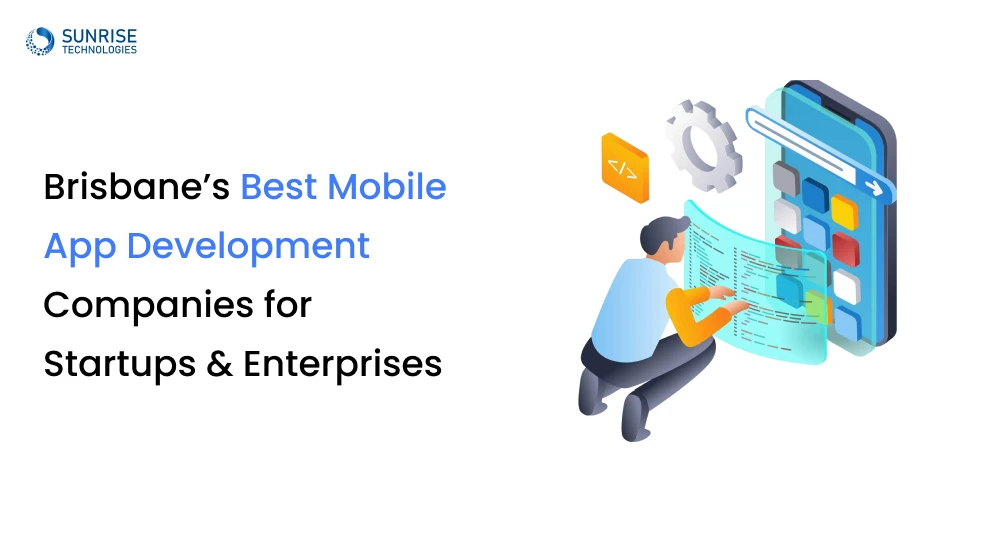
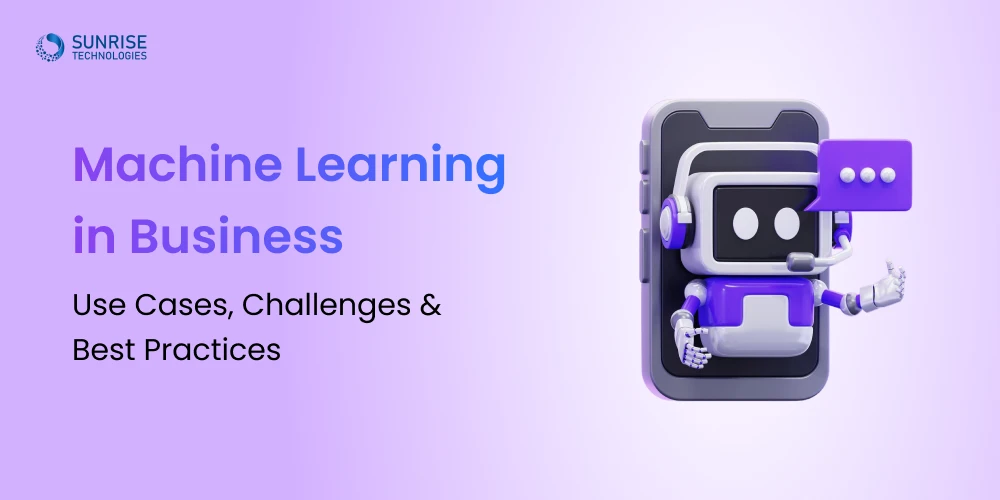
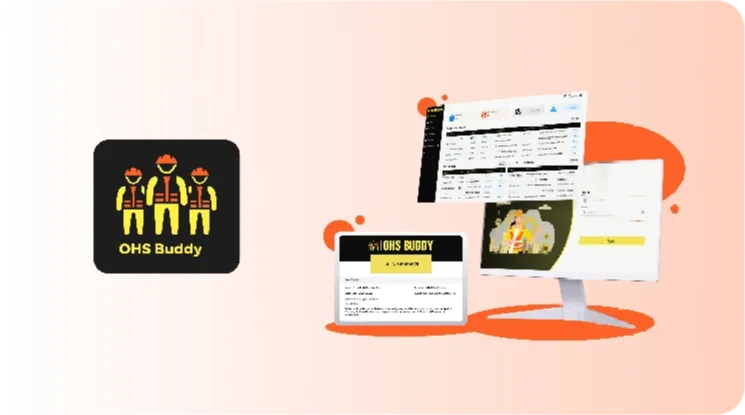
Cloud Based Project Management Platform
Read the challenges we faced and how we helped
View Case Study


